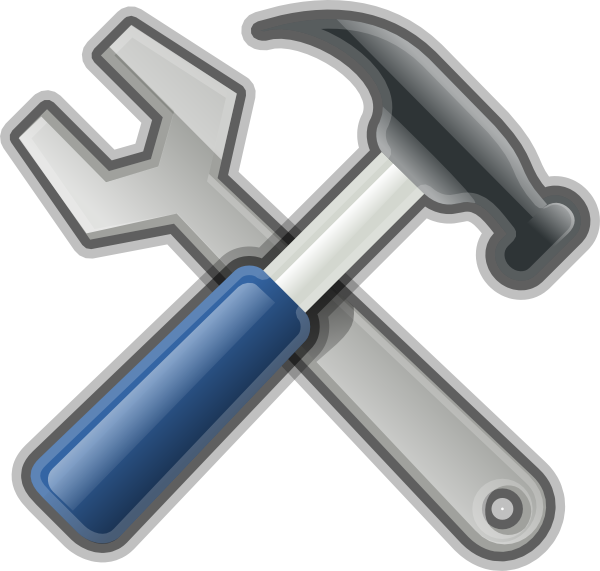"Moving the Bar" – Getting Started
The theme of this professional development series is Optimizing Employee Performance. We encourage you to find ways to participate in this series either individually or with a group at your office. It is designed so that you can jump in at any time, and dive as deeply into the series as your time and interest allows. The resources below are for your use in your development of your skills in this area, whether you are an employee who wants to improve performance in a current job or a manager who is striving to get the best out of her team.
Why focus on optimizing employee performance?
- The saying goes that "Nothing happens until someone sells something." Well, employees are "what" make sales happen, produce the products, provide services, manage customer relationships, track and report the financials, develop new products and services, ensure quality, make continual improvements, etc.
- Employees and their contributions are what make the difference between an average company and a market leader.
- Payroll and other employee compensation often make up the largest portion of a company’s expenses. In June 2011, wages and salaries accounted for 70% of employer costs for employee compensation (souce: the Bureau of Labor Statistics). Payroll can frequently encompass 30 – 50% of a company’s revenue.
- Employee turnover is expensive. Some studies (such as by the Society for Human Resource Management) predict that every time a business replaces a salaried employee, it costs 6 to 9 months’ salary on average. Still others predict the cost is even more – that losing a salaried employee can cost as much as 2x their annual salary, especially for a high-earner or executive level employee.
Without employees we don’t have companies. And without highly knowledgeable, productive, engaged and motivated employees, we don’t have sustainable companies.
We look forward to you participating with us in this professional development series, and please contact us with your comments and questions – we’d love to hear from you.
 |
Articles |
 |
Recommended Reading |
 |
Practical Tools |
